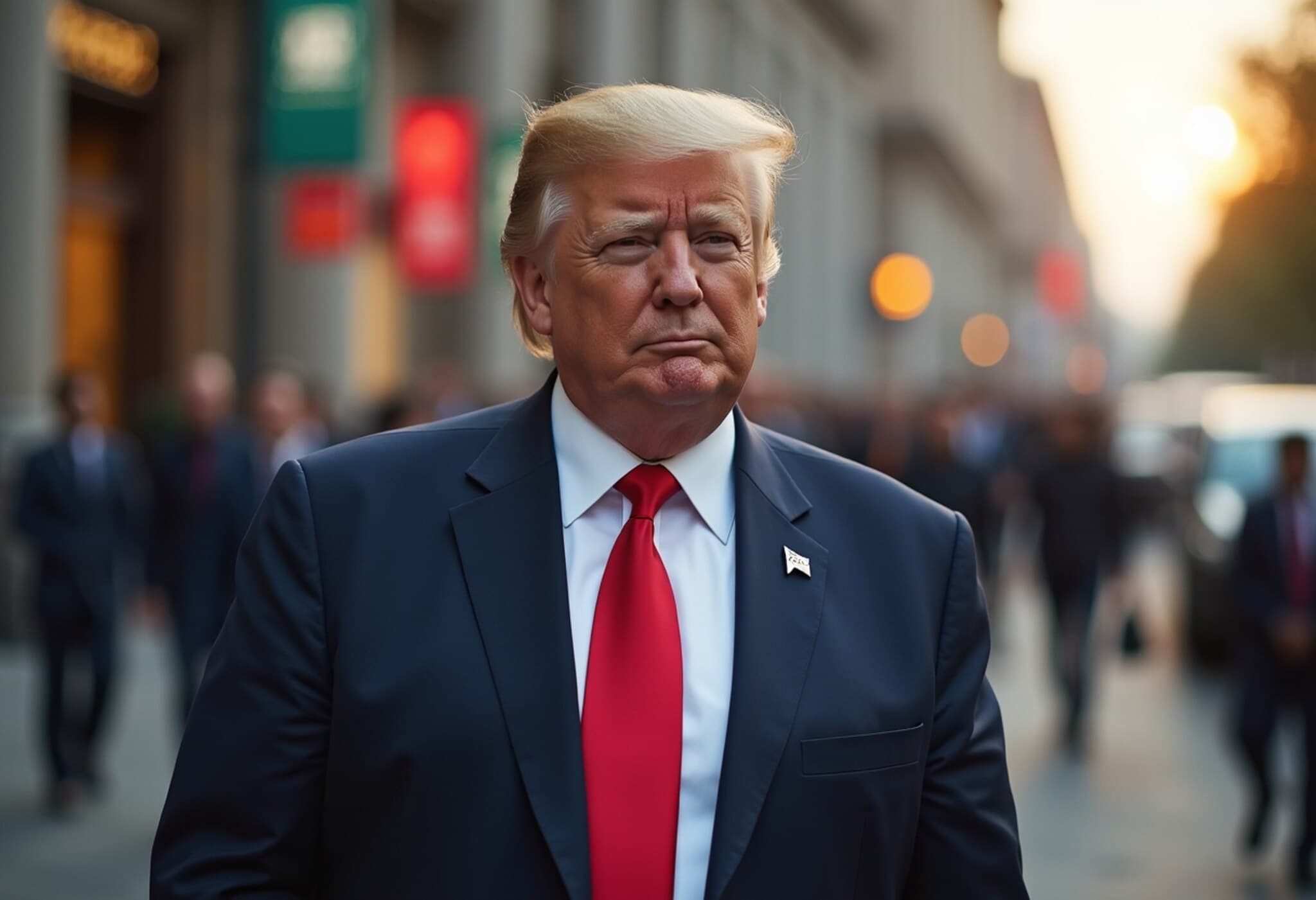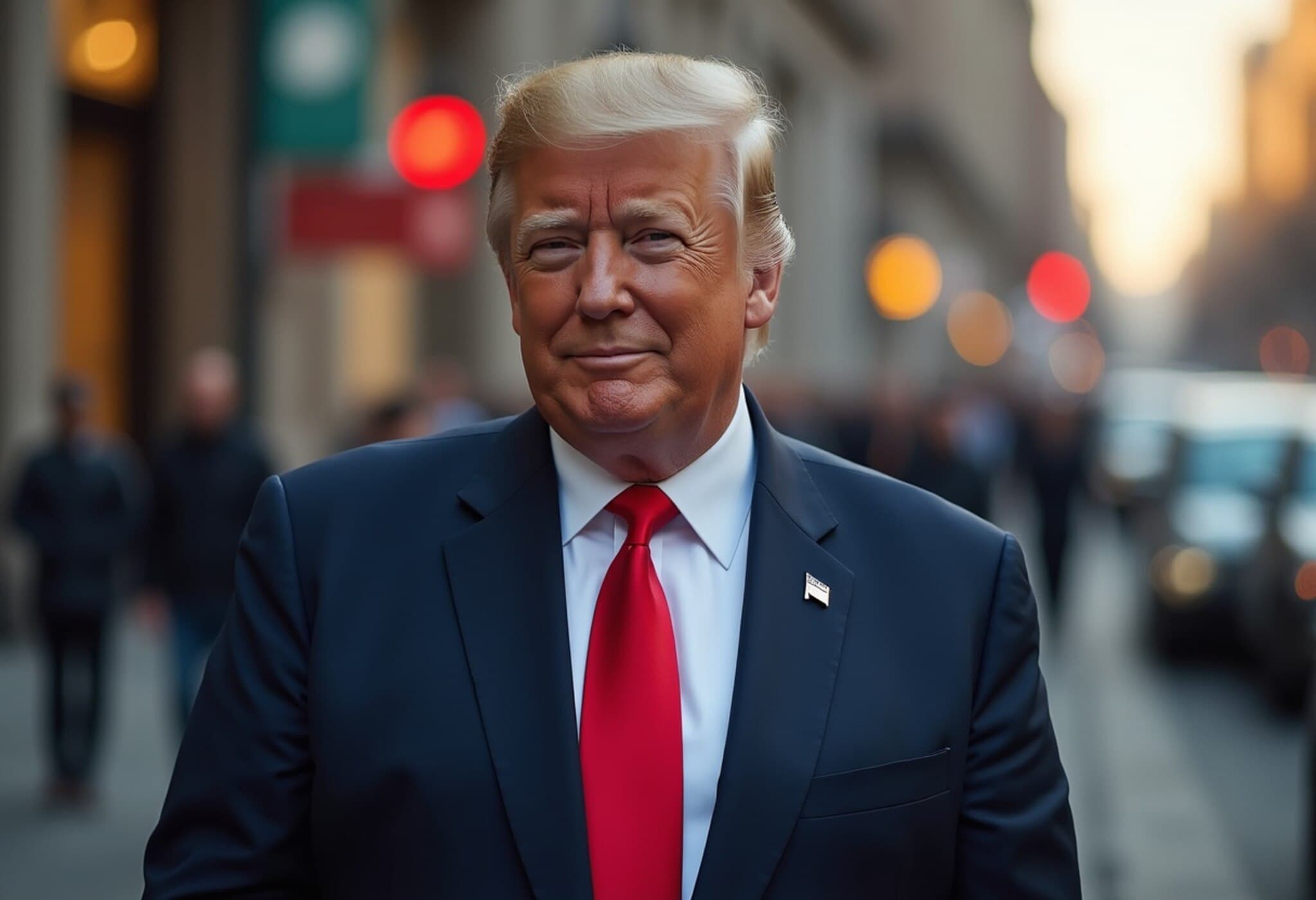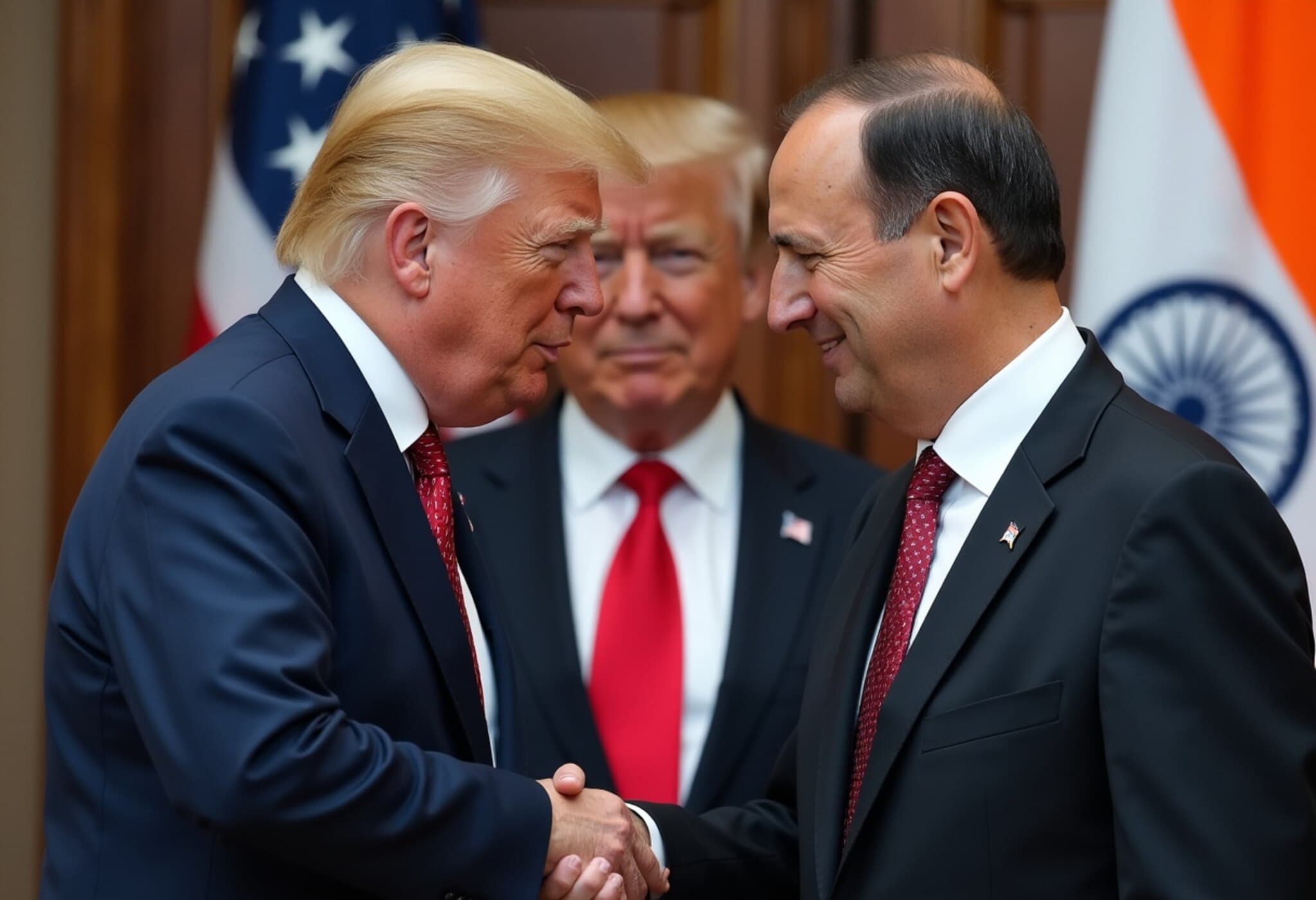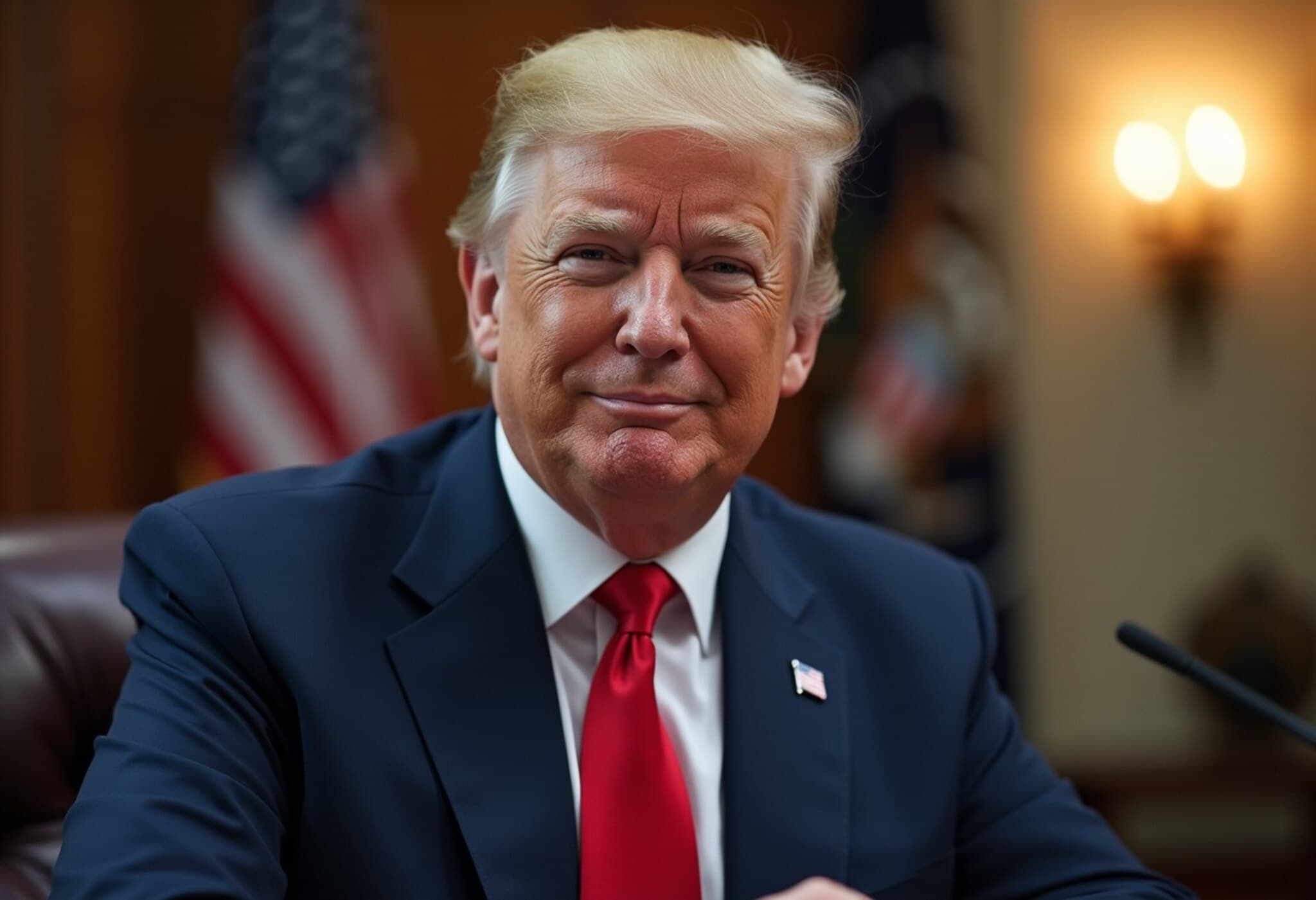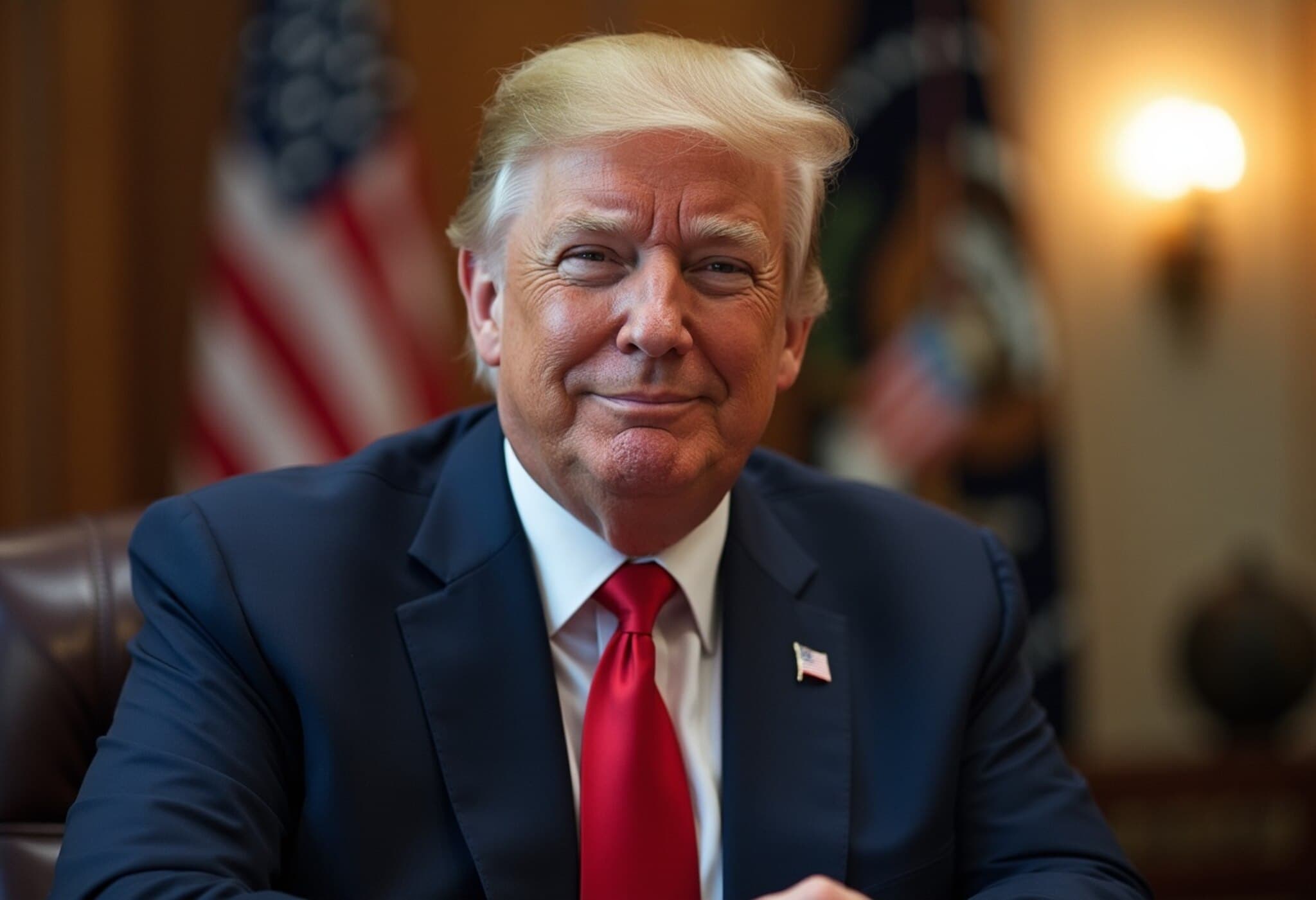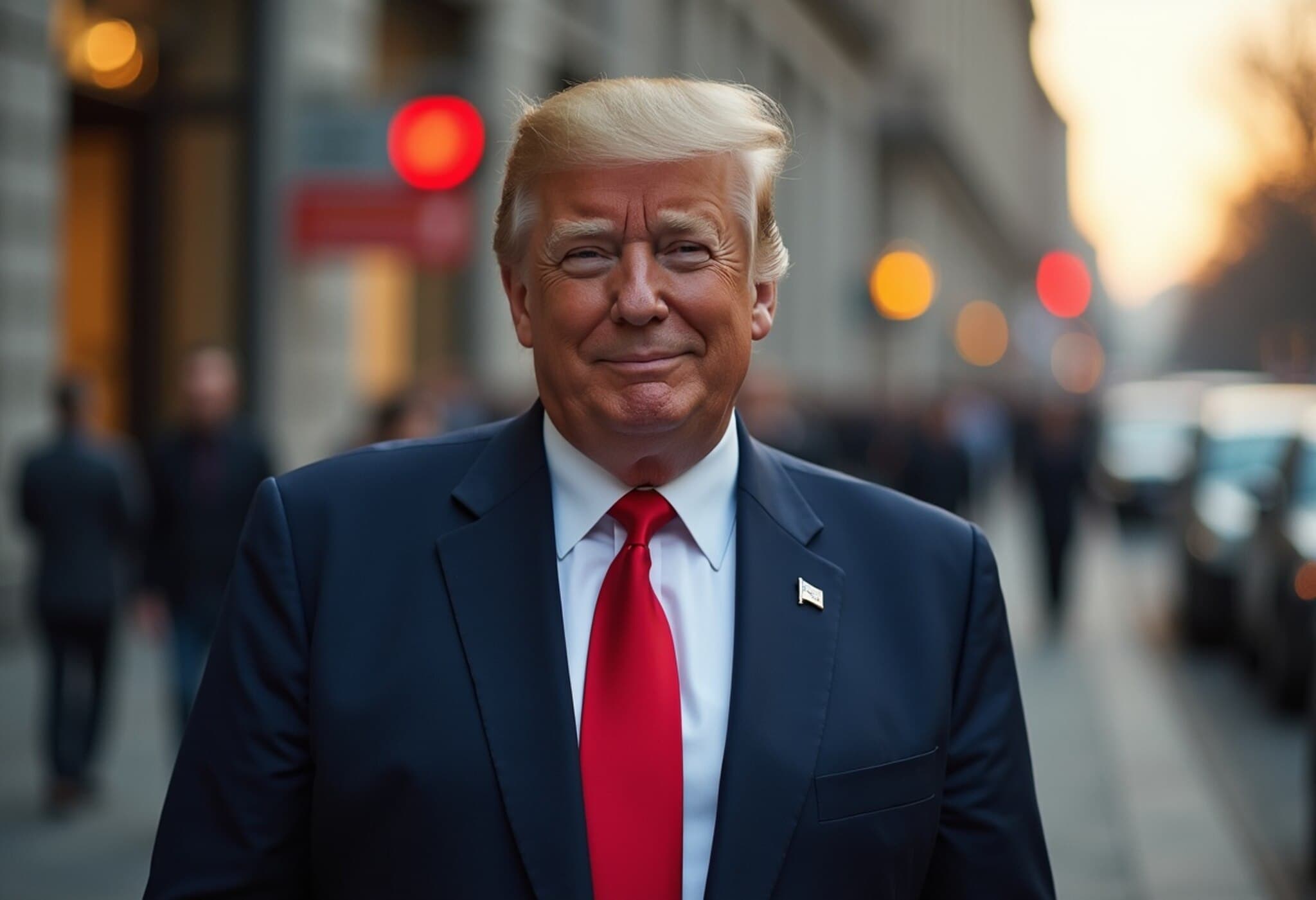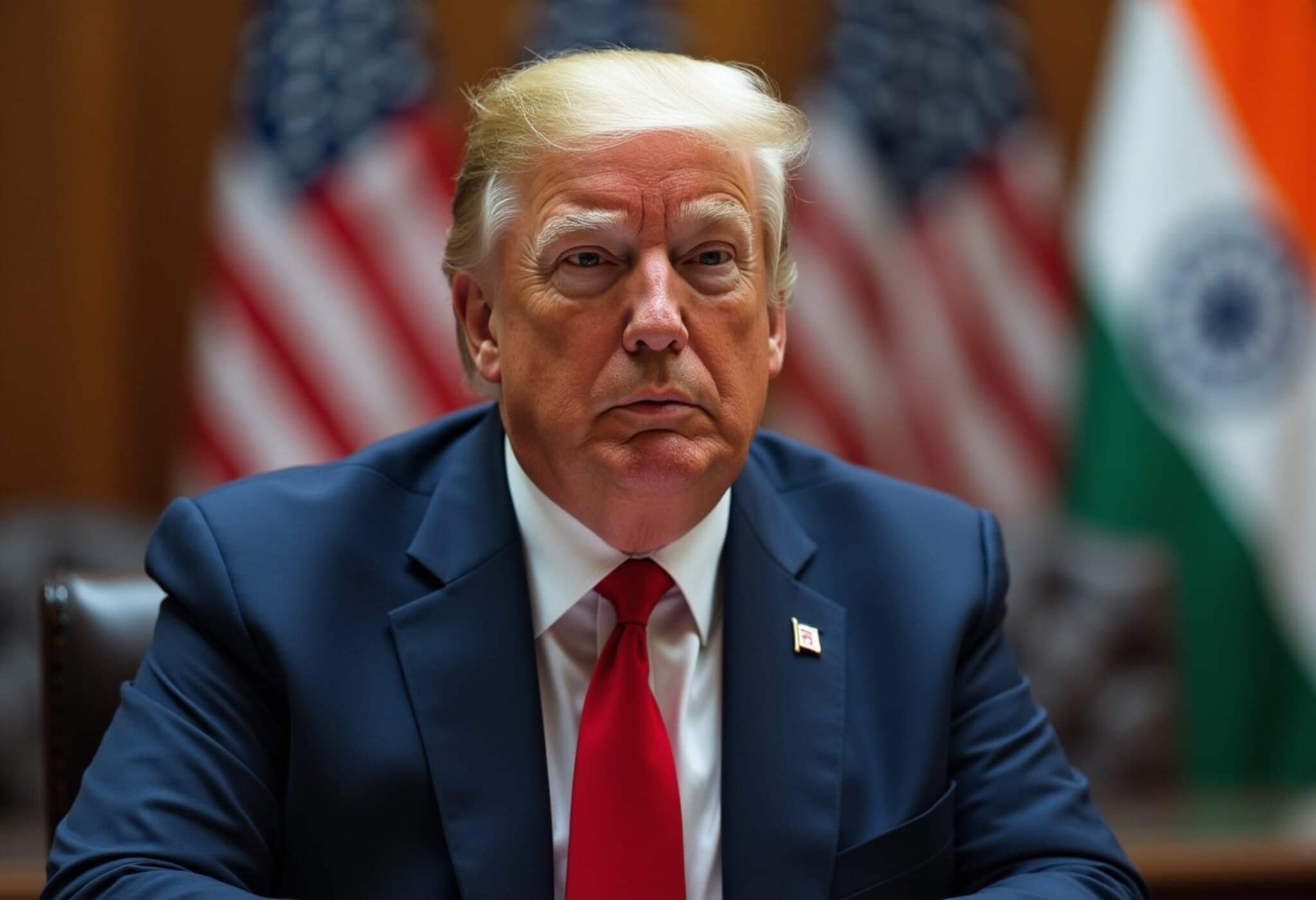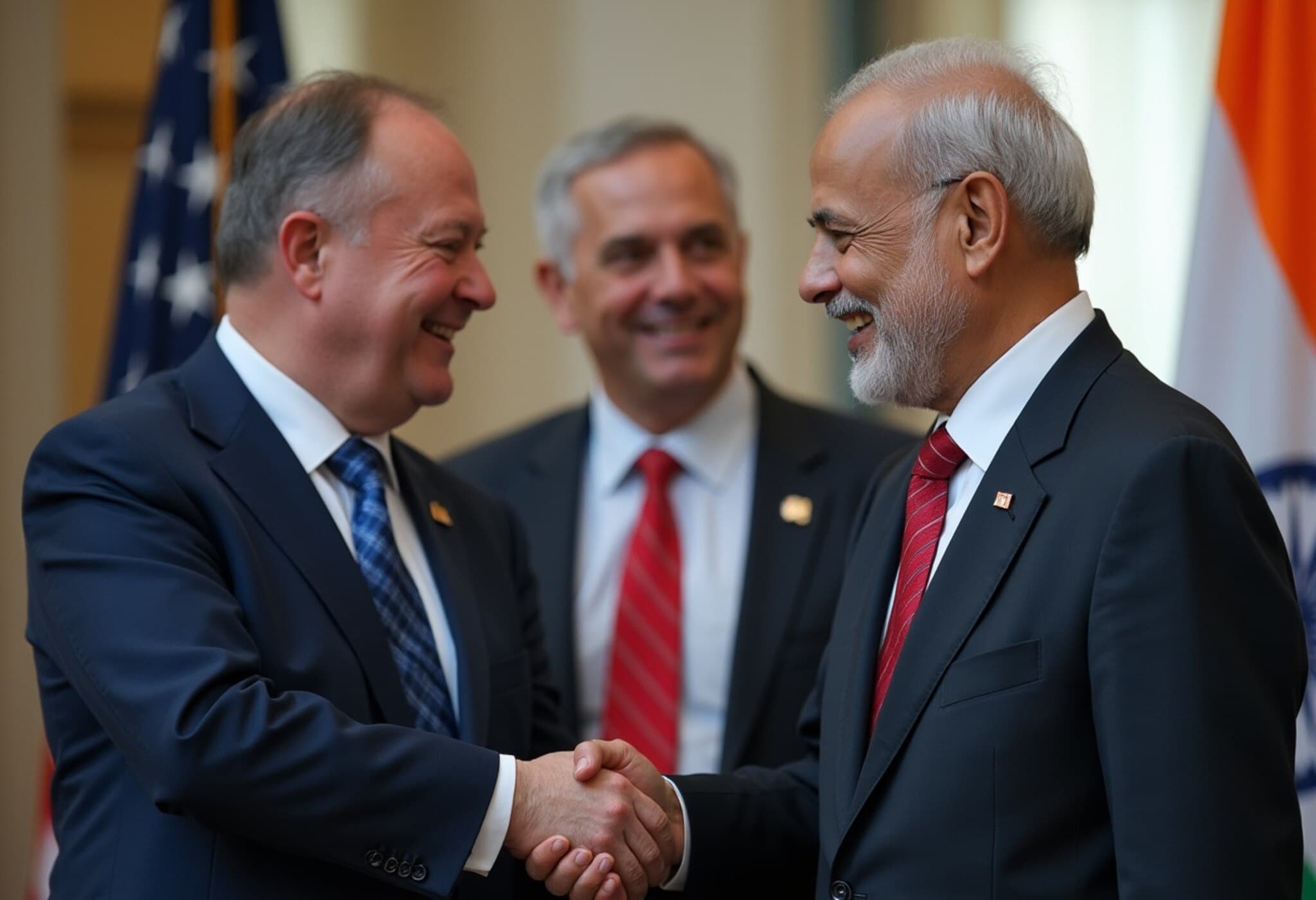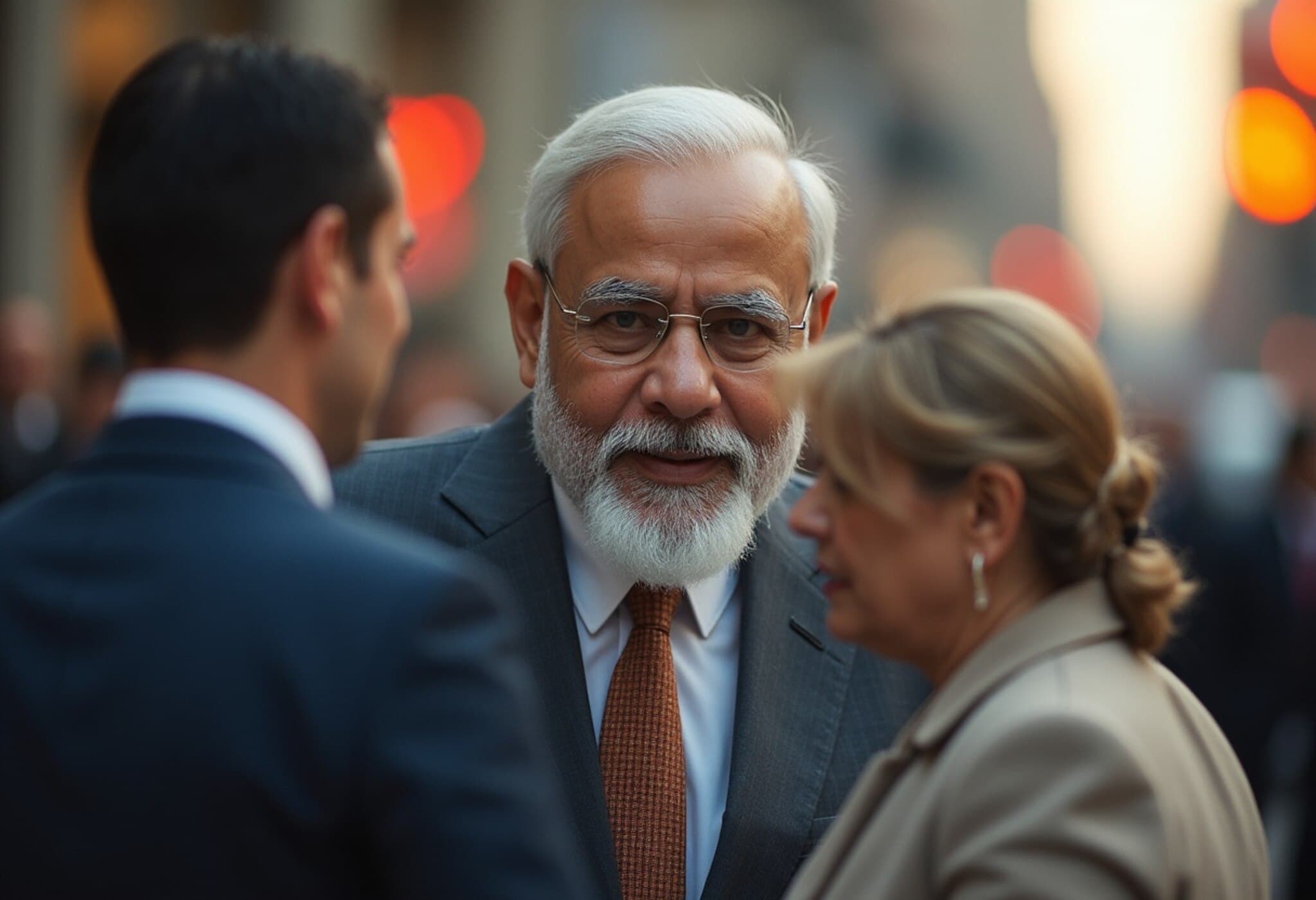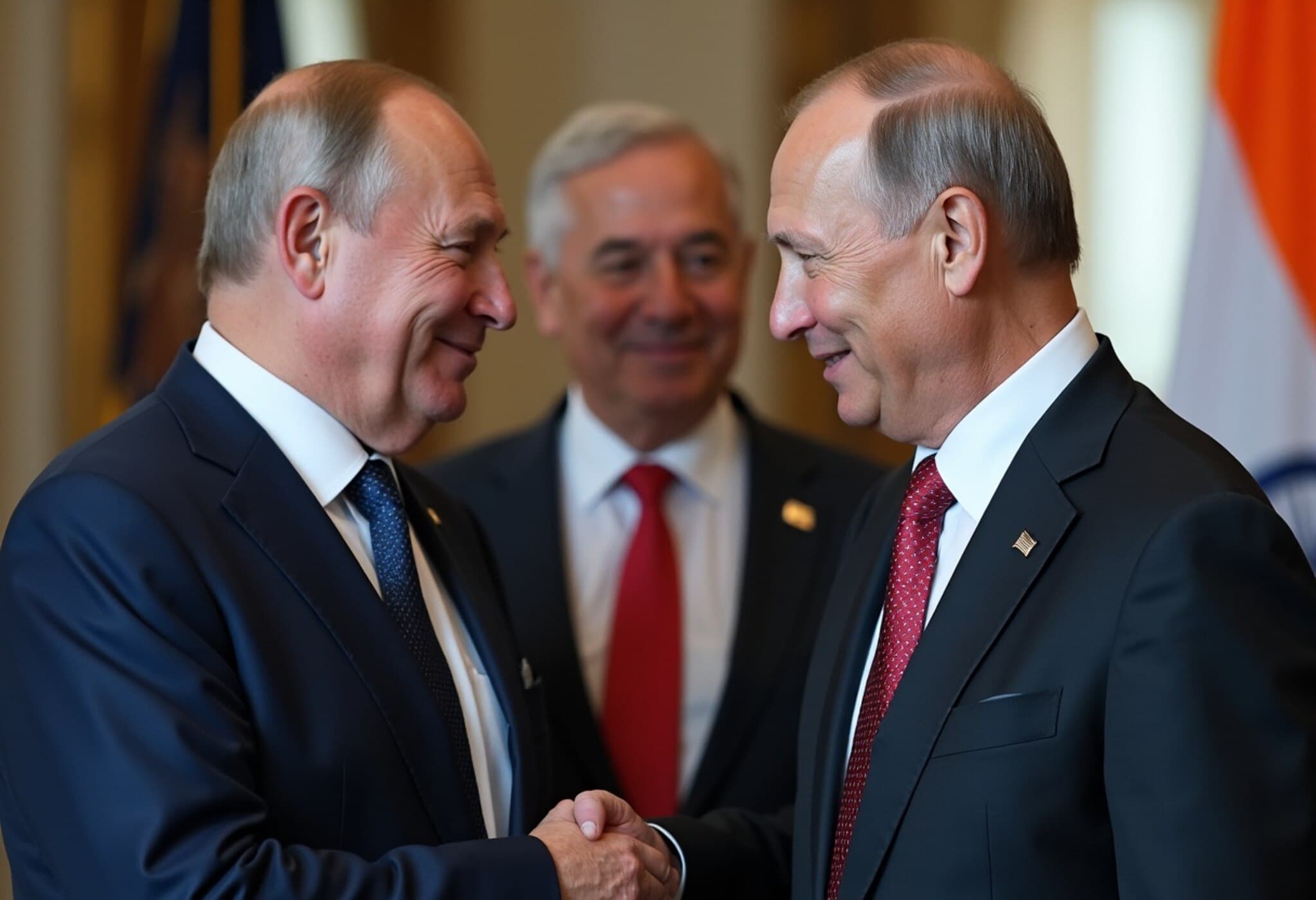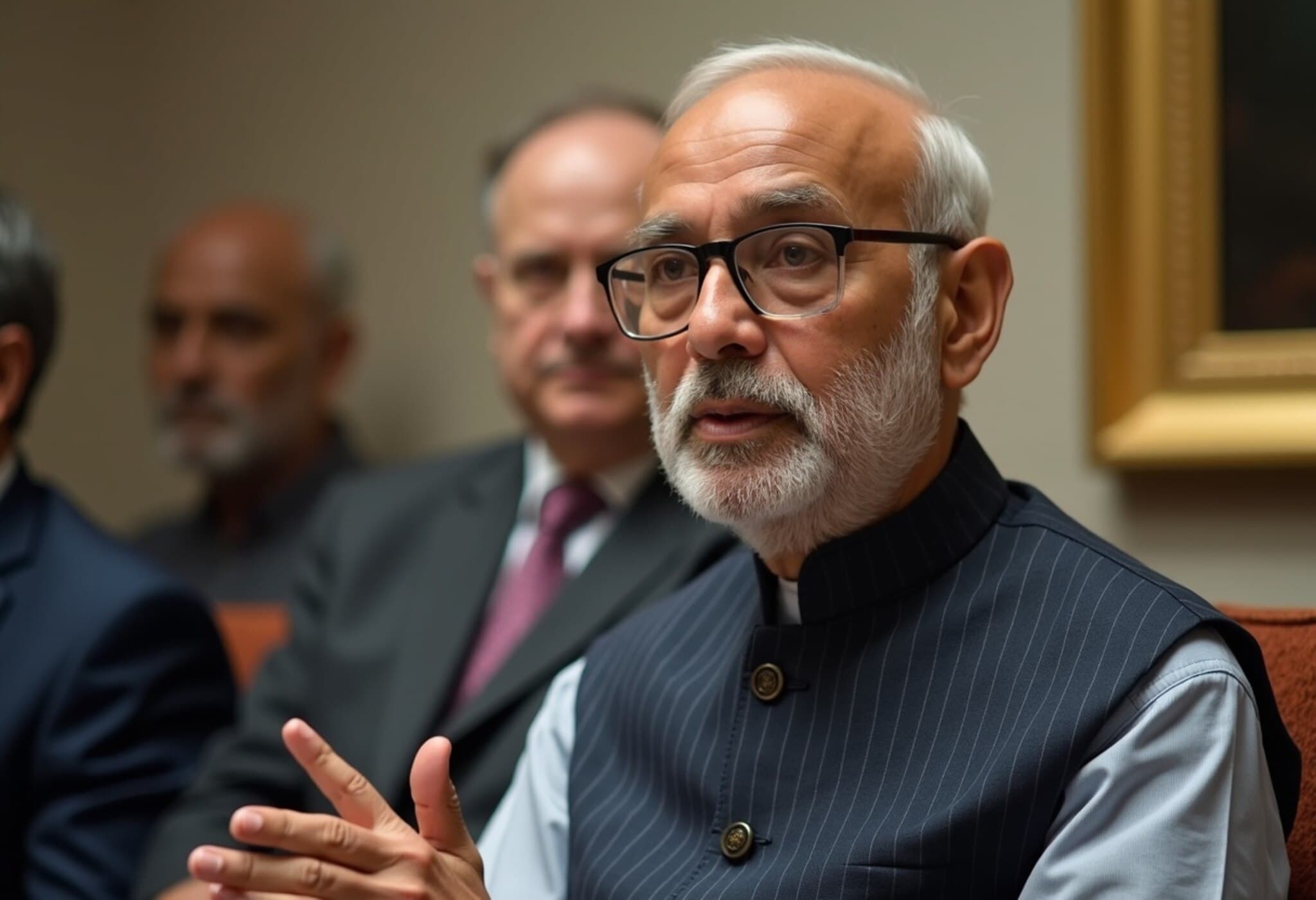US Embassy Refutes Trump's Claims on USAID Election Funding in India
In a clear contradiction to former US President Donald Trump's assertions, the US Embassy in India has confirmed that the United States Agency for International Development (USAID) has not funded any voter turnout initiatives or election-related activities in India.
The Contested Claim
Earlier in 2025, Trump publicly claimed that USAID had allocated $21 million to boost voter participation in India, sparking widespread discussion and political scrutiny. The claim emerged from a social media post by the Department of Government Efficiency (DOGE), which suggested cancellations of various government grants, including $21 million purportedly intended for voter turnout in India.
“$21 million going to my friend Prime Minister Modi in India for voter turnout. We are giving $21 million for voter turnout in India. What about us? I want voter turnout too,” Trump stated during a campaign event.
Official Response from the US Embassy and Indian Government
In response to these allegations, the Indian Ministry of External Affairs (MEA) sought clarity from the US Embassy, requesting comprehensive information on all USAID-funded projects in India over the last decade. The response, delivered on July 2, 2025, categorically stated that no funds were allocated for elections or voter participation efforts in India.
Furthermore, the US Embassy provided a detailed list of USAID assistance projects, none of which included election-related financing. The embassy also confirmed plans to cease USAID operations in India as of August 15, 2025.
Contextualizing USAID's Role in India
USAID’s partnerships in India have historically focused on sectors like health, education, and economic development. The alleged $21 million for voter turnout would have represented a significant shift in the agency’s typical programming and foreign aid strategy.
Experts emphasize that election-related funding by foreign governments in sovereign nations is a sensitive subject, as it can raise questions about interference and sovereignty. The US Embassy’s firm denial helps dispel misconceptions surrounding such sensitive topics.
Trump’s Political Narrative and Broader Implications
Trump’s statements drew attention to the broader discourse on foreign government grants and their perceived impacts on domestic politics. By framing the alleged funding as a “kickback scheme” and contrasting it with the relatively small sums Russia spent on digital ads during US elections, Trump aimed to critique and dismantle government foreign aid programs, including several under USAID.
This rhetoric reflects ongoing debates in the US about the scope and oversight of foreign aid and government expenditures, especially as they relate to voter influence and democratic processes globally.
Unpacking the Underreported Aspects
- The Importance of Data Transparency: The episode underlines the need for transparent and readily accessible data on international aid to prevent misinformation.
- US-India Relations: Given the strategic partnership between the two democracies, allegations about election interference could have strained diplomatic ties if left unaddressed.
- Media Literacy and Political Discourse: The rapid spread of unverified claims on social media platforms can fuel distrust among citizens regarding foreign aid programs.
Conclusion: Facts over Fiction in International Aid
The US Embassy’s clear response dispels the myth that taxpayer money is funding election-related activities in India. This clarification is vital for maintaining trust in international aid organizations and preserving the integrity of bilateral relations. It also reminds us how critical it is to verify claims, especially those with significant diplomatic and political consequences.
Editor’s Note
This episode illustrates the complexity of global aid narratives and the importance of evidence-based discourse. While scrutiny of government spending is essential, unfounded assertions can inadvertently erode trust in democratic institutions and international partnerships. Readers should critically evaluate political claims and seek verified data amidst the noise of social media and partisan agendas.

